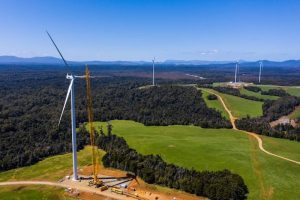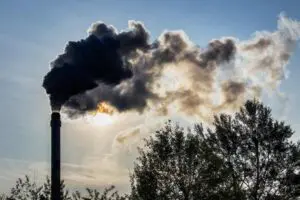The price of Australian Carbon Credit Units (ACCUs) has surged to record highs, surging past $A19 per tonne thanks to growing interest from corporate emitters looking to voluntarily offset their emissions.
According to carbon market analysts Reputex, spot prices for ACCUs have surged since the beginning of the year, as large emitters lock in emissions offsets on the assumption they will face stricter targets as the momentum towards zero net emissions targets grows internationally.
Since the start of the year, the spot price of ACCUs has risen by around 20 per cent, with many of the corporate carbon unit purchases made through the use of longer-term forward contracts, rather than the spot market.
“While spot market action is underpinned by a number of small transactions (around 10-15,000 units), forward contracting between project developers and large corporates has surged year-to-date,” Reputex said in a market brief.
Reputex also observed, however, that most companies were also using lower cost international permits, such as the significantly cheaper Certified Emissions Reductions (CERs) created under the Kyoto Protocol, to meet their short-term offset needs.
“More expensive forward ACCU contracts are primarily being used to sure-up longer term supply to support future compliance risks, rather than being used for immediate cancellation,” Reputex said.
The firm added that it expected the prices of ACCUs to continue to rise as the prospect of stricter emissions reduction targets loomed.
“We continue to forecast price increases over the medium- and longer-term, with market direction ultimately expected to align with our scenarios for the scale-up of emissions reduction targets (1.5-2 degrees) under the Paris Agreement,” Reputex added.
ACCUs may be created by a number of emissions reduction projects under the Emissions Reduction Fund. Eligible projects have primarily been focused on avoided deforestation and re-vegetation projects, but have also included projects capturing and destroying methane produced from waste.
The federal government is the primary buyer of ACCUs, through the Emissions Reduction Fund established as part of the Abbott government’s ‘Direct Action’ policy.
But corporate emitters have also shown increased interest in voluntary purchasing of ACCUs as a way to offset their greenhouse gas emissions in the absence of any formal targets imposed on them by the federal government.
A growing number of energy providers, including giants like AGL Energy and EnergyAustralia, have begun to offer carbon neutral options to their customers, as have a number of other service providers like telecommunications companies, in response to demand from customers for environmentally friendly options.
Last year, Telstra announced that it had become carbon neutral through the purchase of carbon offsets against the company’s emissions footprint. Telstra primarily relied on the purchase of cheaper international permits to offset its footprint of 2.33 million tonnes of emissions.
Just 0.47 per cent of Telstra’s offsets were purchased from Australian based projects in the form of ACCUs.










